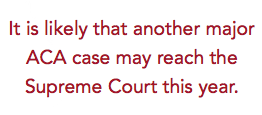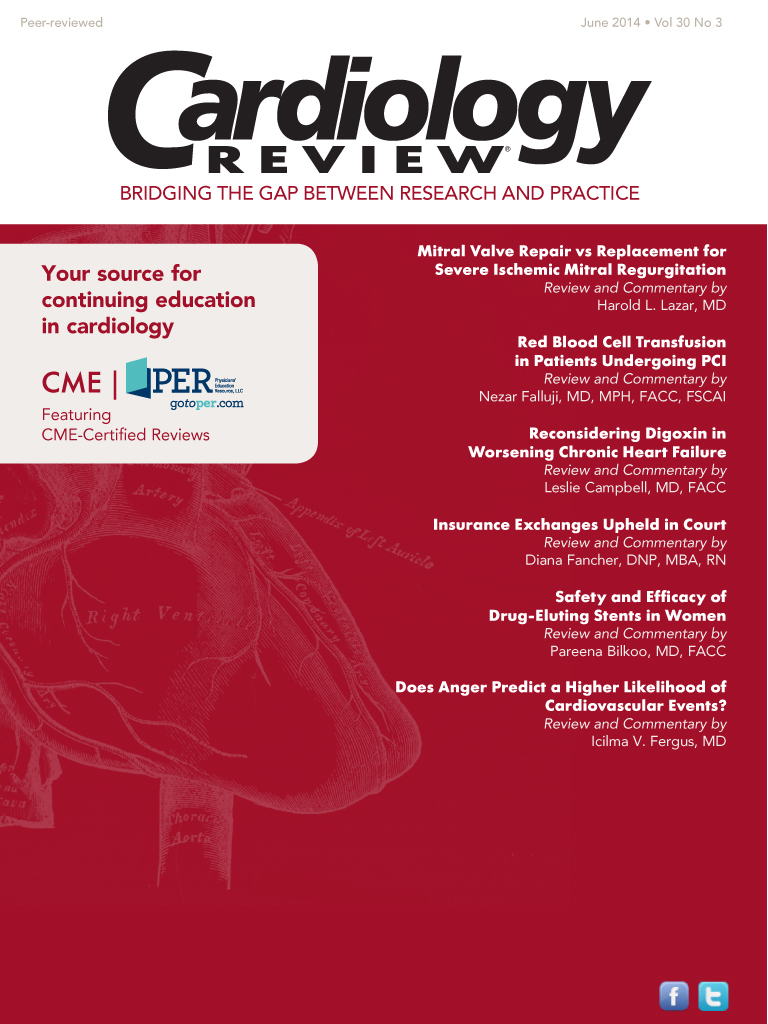Publication
Article
Cardiology Review® Online
The ACA Debate: Does It Belong in the Courts or Congress?
Author(s):
Access, delivery, and affordability-will the courts decide the best course of action or will Congress?

Mike Hennessy
P
Cardiology Review
New England Journal of Medicine
hysicians and the health care community at large continue to watch the debate surrounding the Affordable Care Act (ACA), which has played out in both Congress and the courts. The ACA, which was passed into law more than 4 years ago, still stirs controversy and conversations. is committed to bringing the most current reviews of peer-reviewed articles on the ACA, and this edition is no exception. The March 13, 2014, issue of the published a perspective article on the latest federal court ruling surrounding the ACA, and our contributor, Diana Fancher, DNP, MBA, RN, has some interesting observations about the court’s ruling and the ACA’s legal battles so far.
New England Journal of Medicine
The crux of the matter here is the fact that the challenge to the health insurance exchanges has been rejected by a federal judge. This means that the subsidies intended for those individuals who need financial support in order to purchase health insurance through an exchange would be upheld. This result has already been challenged in an appeal. According to the author of thearticle, it is likely that another major ACA case may reach the Supreme Court this year.

In her Commentary, “Here to Stay, At Least for Now,” Fancher notes that “The ACA has withstood a major Supreme Court challenge, a government shutdown, states’ refusal to expand Medicaid, and more than 40 attempts by the House of Representatives to repeal it.” The technical arguments about where insurance is delivered—whether in the states or through the federal government—will continue, but to the detriment of the big picture, according to Fancher. She argues, “The health care arena must be focused on delivery and access.”
No one predicted how many states would challenge the ACA, however, and therein rests a growing problem as the public grapples with the impact of the ACA and the health care community grapples with the law’s consequences—unintended or otherwise. Fancher suggests that a new wrinkle may be consumers seeking out the most affordable solutions state by state.
Consumers will see the inequities and perhaps even move to states that better suit their needs. As Fancher notes, “Consumers with substantial need for frequent health care will realize that financially, medically, and socially there would be a benefit to residing where there is easy access to a state-run exchange.”
Access, delivery, and affordability—will the courts decide the best course of action or will Congress? 
Thank you for reading!
Mike Hennessy
Chairman, Chief Executive Officer






